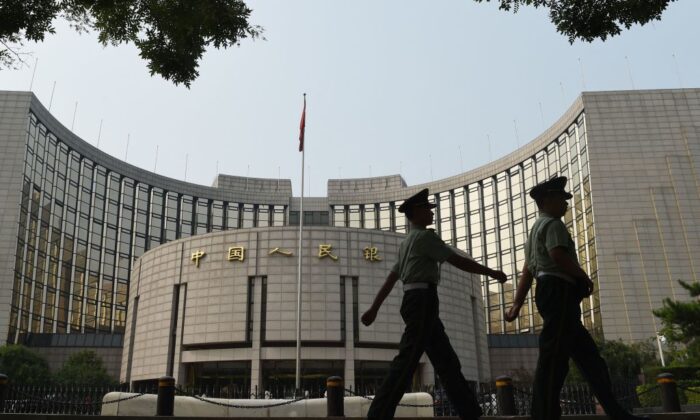Commentary
China has been grappling with a sluggish economy for some time, prompting the Central Economic Working Group to convene this month. Expectations are rising for potential policy changes to address the issue.
The country has announced plans to moderately loosen monetary policy and implement more proactive fiscal measures to bolster economic growth. However, the effectiveness of these actions remains uncertain.
Both fiscal and monetary policies aim to influence economic activity by adjusting government spending and controlling the availability of money. Economists traditionally rely on these policies to achieve a balance that fosters long-term growth. But China’s prolonged use of these tools has created challenges that cannot be easily resolved through standard measures.
The common belief among economists is that stimulating the economy through increased government spending or lowered interest rates can return it to optimal functioning. However, this approach is based on assumptions about the economy’s current state and the need for increased investment to boost output.
Contrary to conventional wisdom, China’s economic woes are not solely related to money supply or investment levels. The country faces high levels of debt, low interest rates, and excessive investment in sectors like manufacturing. This oversupply has led to deflationary pressures and inefficiencies in resource allocation.
Implementing traditional fiscal and monetary stimulus may not effectively address China’s unique economic challenges. The country may need to explore alternative strategies such as population stabilization, economic reforms, and promoting private enterprise to spur growth.
While China may opt for fiscal and monetary stimulus, these measures may not be the most suitable remedies for its economic issues. The country’s future economic trajectory will depend on its ability to implement effective reforms and address underlying structural issues.
Views expressed in this article are opinions of the author and do not necessarily reflect the views of The Epoch Times.
Please rephrase.
Source link






